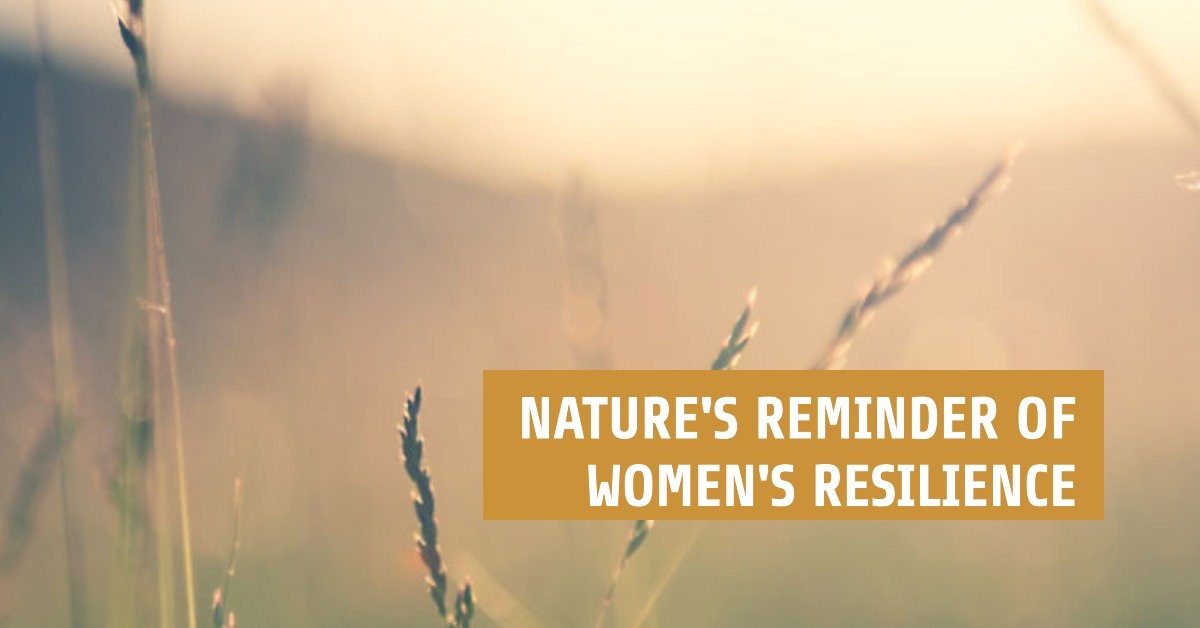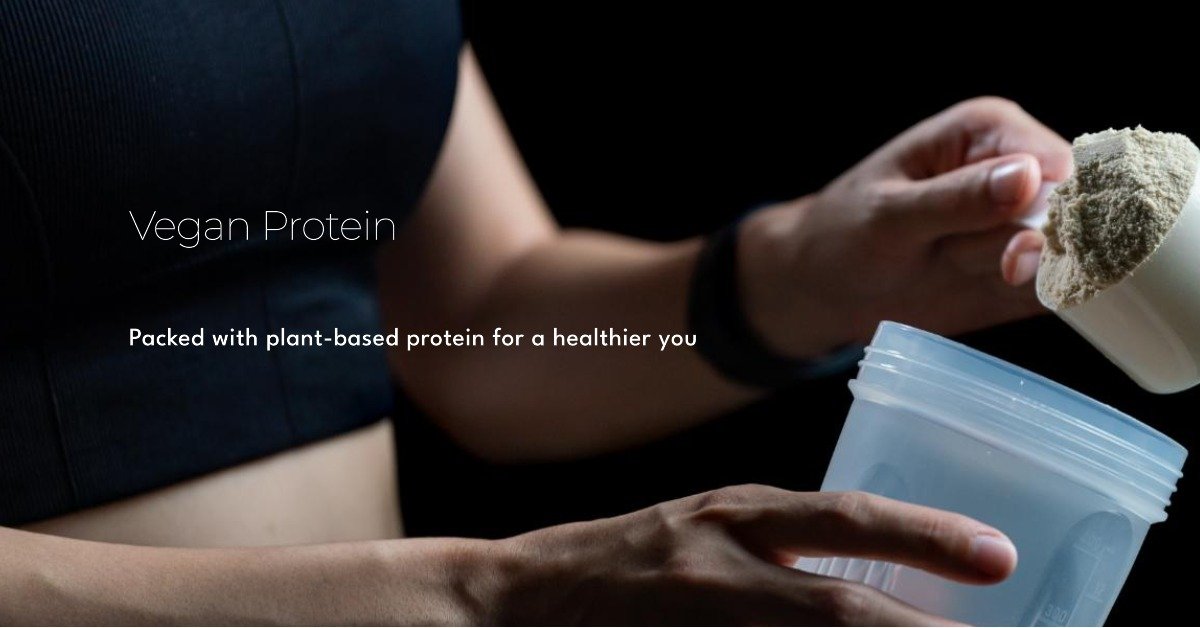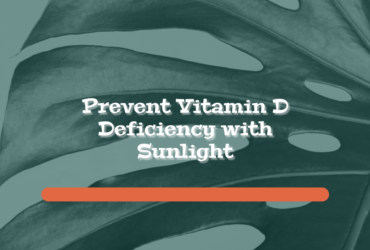Are you ready to embark on a journey that will transform your health, supercharge your energy, and unleash the power of plant-based nutrition? Look no further than the world of vegan protein sources. Contrary to popular belief, there is an abundance of delicious and nutrient-packed options available for those seeking to embrace a vegan lifestyle. In this comprehensive guide, we’ll delve into the fascinating realm of vegan protein sources, offering insights, tips, and answers to commonly asked questions.
Table of Contents
The Magic of Vegan Protein
Vegan protein sources are not only plentiful but also remarkably diverse. From legumes and grains to nuts, seeds, and even vegetables, there’s a wide array of options to meet your protein needs. Let’s explore some of the most popular and nutrient-rich choices:
- Legumes: Legumes are an excellent source of plant-based protein, fiber, and essential minerals. Lentils, chickpeas, black beans, kidney beans, and pinto beans are versatile and can be used in a variety of dishes. They make hearty additions to soups, stews, and curries or can be transformed into flavorful spreads like hummus. Legumes not only provide protein but also deliver a healthy dose of dietary fiber, which aids in digestion and promotes a feeling of fullness.
- Quinoa: Quinoa stands out among grains for its impressive nutritional profile. This complete protein contains all nine essential amino acids, making it an excellent choice for vegans. Additionally, quinoa is rich in fiber, iron, magnesium, and antioxidants. It has a pleasant nutty flavor and a slightly chewy texture, making it a versatile ingredient for salads, stir-fries, pilafs, and even desserts.
- Nuts and Seeds: Nuts and seeds offer a convenient and delicious way to add protein to your meals and snacks. Almonds, walnuts, cashews, chia seeds, hemp seeds, flaxseeds, and pumpkin seeds are rich in healthy fats, vitamins, minerals, and protein. These nutritional powerhouses can be enjoyed as a topping for salads, added to homemade granola or trail mix, or blended into smoothies for a protein-packed boost.
- Tofu and Tempeh: Derived from soybeans, tofu and tempeh are versatile and widely used vegan protein sources. Tofu, made from soy milk, comes in various textures, including silken, soft, firm, and extra-firm. It absorbs flavors well, making it a perfect ingredient for stir-fries, curries, soups, and even desserts like vegan cheesecake. Tempeh, on the other hand, is made from fermented soybeans, giving it a nutty flavor and firm texture. It can be marinated, grilled, or used as a meat substitute in sandwiches and wraps.
- Leafy Greens: While not commonly associated with protein, leafy greens such as spinach, kale, broccoli, Brussels sprouts, and collard greens contain a surprising amount of this essential nutrient. They also provide an array of vitamins, minerals, and antioxidants that support overall health. Adding leafy greens to your meals, whether in salads, smoothies, sautés, or stir-fries, not only boosts your protein intake but also enhances the nutritional value of your dishes.
Incorporating Vegan Protein into Your Diet
To ensure you’re meeting your protein needs on a vegan diet, it’s essential to incorporate a variety of protein-rich foods throughout the day. Here are some practical tips to help you optimize your protein intake:
- Combine different plant-based protein sources: Pairing legumes with grains, such as lentil soup with quinoa or black bean tacos with brown rice, can create a complementary amino acid profile, ensuring you’re getting a complete range of essential amino acids.
- Experiment with recipes: Explore a wide range of vegan recipes that highlight different protein sources. This way, you’ll discover new flavors and textures while ensuring a diverse nutrient intake.
- Optimize meal planning: Plan your meals to include a variety of protein-rich foods. This can be as simple as adding beans or tofu to your salads, incorporating nuts and seeds into your breakfast routine, or exploring new plant-based protein recipes each week.
- Don’t forget about protein-rich snacks: Keep a stash of protein-packed snacks like roasted chickpeas, protein bars, or trail mix handy for times when you need a quick and convenient protein boost.
Conclusion
Embracing a vegan lifestyle opens up a world of exciting possibilities when it comes to protein-rich foods. From legumes, quinoa, and nuts to tofu, tempeh, and leafy greens, the options are abundant and brimming with essential nutrients. By incorporating a variety of these plant-based protein sources into your meals, you can nourish your body, support your health, and enjoy a vibrant and sustainable way of living. So, power up your plate and savor the incredible benefits that vegan protein sources have to offer. Your taste buds and your body will thank you.
FAQs
-
Can I meet my protein requirements on a vegan diet?
Absolutely! A well-planned vegan diet can easily meet your protein requirements. By incorporating a variety of protein-rich plant-based foods throughout the day, such as legumes, grains, nuts, seeds, and soy products, you can provide your body with all the essential amino acids it needs for optimal health.
-
How can I combine different plant-based protein sources for optimal nutrition?
To ensure a complete range of amino acids, it is beneficial to combine different plant-based protein sources. Pairing legumes with grains, such as lentil soup with quinoa or black bean tacos with brown rice, can create a complementary amino acid profile. Adding nuts, seeds, and leafy greens to your meals further enhances the nutritional value and balance of amino acids.
-
Are vegan protein sources suitable for athletes and active individuals?
Yes, vegan protein sources are well-suited for athletes and active individuals. They provide the necessary fuel for energy, muscle recovery, and growth. Incorporating protein-rich foods before and after workouts, such as a tofu stir-fry with vegetables or a quinoa salad with chickpeas, can help support athletic performance and aid in muscle repair.
-
What about protein powders and supplements?
While it is possible to meet your protein needs through whole foods alone, protein powders and supplements can be convenient additions, particularly for individuals with higher protein requirements or specific dietary preferences. Look for vegan options made from sources like pea protein, rice protein, or hemp protein, and choose products that are free from unnecessary additives and sweeteners.
So, I encourage you to power up your plate with the incredible array of vegan protein sources available to you. Get creative in the kitchen, explore new recipes, and discover the joy of nourishing your body with plant-based goodness. Whether you are an athlete seeking to optimize performance or an individual on a journey toward better health, vegan protein sources can provide everything your body needs to thrive.
Let us continue to celebrate the beauty of nature’s bounty and harness the power of plant-based nutrition. Together, we can create a world where compassion, health, and sustainability intertwine seamlessly. So, take the leap, savor the flavors, and embrace the incredible journey of vegan protein. Your body, the animals, and the planet will thank you. Here’s to a vibrant, compassionate, and protein-rich life! To read more such articles, click here.














Leave a Reply
View Comments